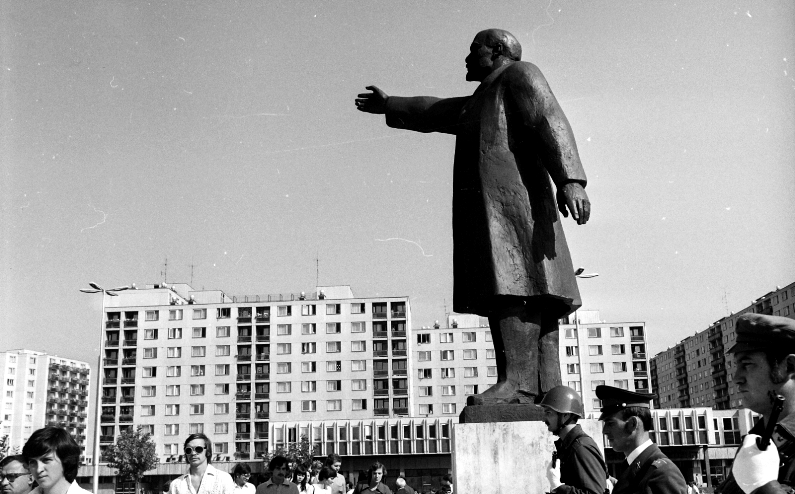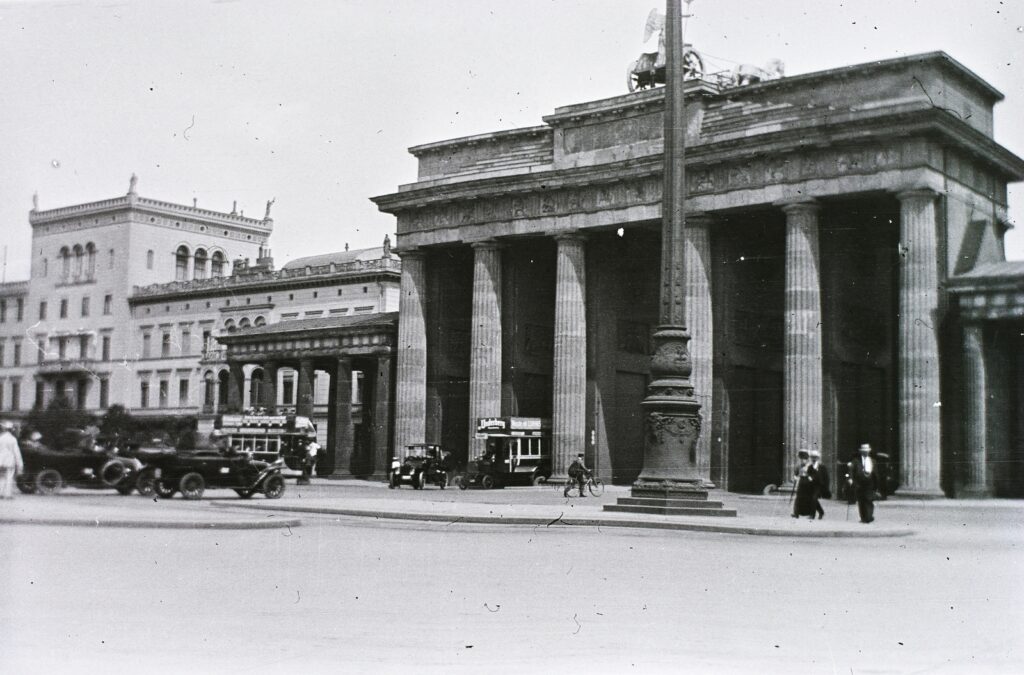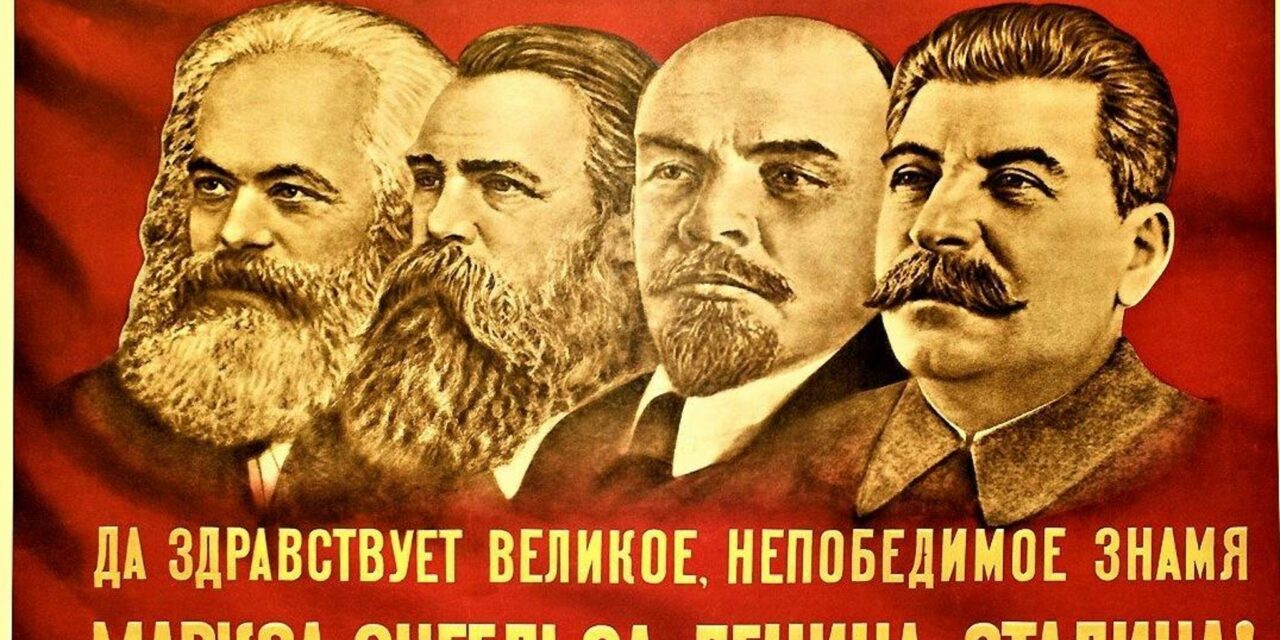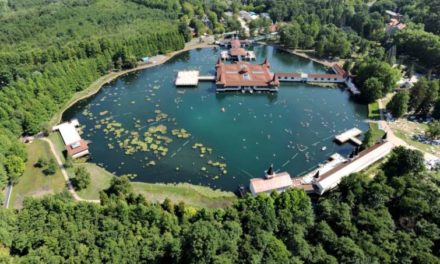The historian Zsuzsanna Borvendég's series was originally published on the PestiSrácok website, but there are certainly those who missed it. But those who haven't read all the parts should also read it again. Knowing the whole picture, can we understand how we got here?
The Enlightenment uprooted the sacred pedestal of human existence: it displaced God from the center of the world and replaced it with mortals. Of course, this did not happen overnight, it took two hundred years, seasoned with a pinch of Marxism, for the absolute standard to disappear from the life of society and for all moral questions to become relative. Perhaps humanity's biggest mistake was that it wanted to remedy the economic inequality and injustice that intensified with the industrial revolution with a demonic idea that questioned even the existence of the soul. If there is no soul, then there is no humanity, if there is no God, then there is no creature formed in one's own image, even though this is actually the only comprehensible equality in this earthly life.
Marx was the best agent of big capital
All that remained was the complete vulnerability of the peoples: the people became the prey of the minuscule number of economic "elite". Religion is the opium of the people, declared Marx, and with this he removed the only yardstick that could have stood in the way of unbridled exploitation. Marx was the most successful agent of big capital and money power. (To refute this statement, it is not enough to prove that many high priests within the church have been corrupted over the centuries. This is true, but human frailty does not diminish divine grace and ultimate truth. The divine measure is absolute, not of this world. Not to mention, that social violence, i.e. "class struggle", cannot serve justice, it can only incite enmity and increase suffering. )

image: Fortepan
The most dangerous heresies spread with incredible speed, but primarily not among the ranks of the proletariat who wanted to be liberated, and definitely not among the guardians of the ancient peasant way of life, but within the walls of the universities. By the beginning of the twentieth century, the anarchist and, in many respects, nihilistic ideas that grew out of Marxism were already entwining the developed West like a network , and they focused huge energies on trying out their idealistic thought experiment in reality - of course, as far away from their own comfortable little world as possible.
This is how the Russian revolutionary, Lenin, full of messianic pride, came into the picture.
In relation to Parvus, we have already mentioned that the German Empire provided tactical and very significant financial assistance to the implementation of the Bolshevik coup, but the most important support did not come from Russia's war opponent, but from the underground left-wing organizations, without which the Soviet Union would not have been built. They were the ones who mobilized big capital to create the economic basis of communism with their investments. Yes, the ideology that proclaimed the abolition of capitalism was only able to build a country for itself with the help of the imperialists.
Meeting of Hammer and Lenin
In 1921, Lenin was visited by an American businessman, Armand Hammer (we will devote separate articles to him), with whose help they developed an excellent concept to start up and modernize the industrial sectors of Russia, which was suffering from economic difficulties and bled dry in the war, thereby making the developing total state viable as soon as possible. . Put simply, the idea was that the Bolsheviks would hand over Russian industrial facilities to Western, primarily American, big-capital investors in the form of lease contracts and concession agreements. Owners of famous companies were invited to the nascent Soviet Union, such as Henry Ford , the famously anti-communist car manufacturer, who provided irreplaceable help in building and operating a tractor factory for Lenin's "foundation of the state".
An essential condition for the realization of this idea was, of course, immediate and complete nationalization, since the Bolsheviks could only give concessions to what they owned - but this was not a problem, since the liquidation of private property (we could say: free robbery) was listed as their primary program point . .
The plan worked, it was possible to start industrial production with minimal investment, build the infrastructure, modernize the operation of companies, increase the level of mechanization, thereby keeping the communist terror brigade in power - and last but not least, further enriching the world's most powerful capitalists. Is it possible to consider Lenin as the second most successful agent of imperialism after Marx?
They did not let foreign trade out of their hands
However, the concession program did not affect all areas. The Bolshevik leaders with professional revolutionary fervor knew very well that they would still need the networks they had built, that is, their management and financing had to be resolved. Foreign trade has proven to be an excellent cover for this, since the international network of connections for ensuring the exchange of goods is a real living network, in which, moreover, the movement of capital is continuous. So they didn't let trade out of their hands, with its help they built a system that became really effective during the Cold War: it became the operational field of the secret services, which, in addition to its intelligence potential, provided an excellent cover for secret operations and illegal money movements.
Vienna and Berlin: the two most important centers

image: Fortepan
Already at the very beginning of the twenties, they built their first military posts; secret service bases were established in major Western cities. Prior to the diplomatic recognition of the Soviet Union, trade branches were established, which became advanced garrisons of the Bolshevik "corpses" preparing for the world revolution. In Berlin, for example, there was a commercial agency employing eight hundred people, which was obviously crowded with secret agents. Not only was the financial center of the Comintern organized here, but effective propaganda was carried out. They began to sensitize Western societies, spread far-left ideology, disrupt and subvert. The red virus also reached Vienna - as did Paris and London, and soon the New World as well - but from Hungary's point of view, the two German-speaking capitals are the most decisive, since it was here that the Communards of the 19th century found refuge.
Joint ventures and the desire to colonize
In addition to operating branches, the Bolshevik leadership began economic activity: they founded mixed-ownership companies in various large cities, in which larger consortia and banks were involved as co-owners, thus making their enterprises capital strong. These joint ventures also proved to be a good channel for creating the economic stability of the new empire, and at the same time they could be seen as custodians of cherished world revolutionary dreams.
In fact , the new communist empire did not behave differently from the Western states labeled as imperialists : it tried to expand its borders and "colonize" the rest of the world through economic expansion. Of course, later on, they used much more drastic means in the areas that fell into their sphere of interest, but this form of business remained a living network system throughout.
Commission for fraternal parties
As I mentioned, the flow of money in the commercial relationship system is continuous, which means that it can be suitable for conducting covert financial operations, illegal party financing and hiding other illegal activities.
Obviously, spreading propaganda, loosening and supporting anarchist organizations were all possible using the exchange of goods, but a specific technique was developed, the purpose of which was specifically to provide financial assistance to the communist parties and organizations loyal to the Soviet Union: this is intermediary trade, or in other words, the re-export. Its essence was that a third party always entered into commercial agreements with the Bolshevik empire, that is, it acted as an intermediary in the execution of the contract, and charged a commission for its activities. These intermediary companies were probably the businesses of the various sister parties, which means that the commission can actually be considered as covert party financing.
The Soviet Union was created thanks to the extremely efficient capital raising implemented by Lenin, and an extremist group with little social support won in a huge country plunged into civil war. The mechanisms created at that time were later exported ("people's democracy export") to the countries they occupied, including Hungary. It is worth noting these techniques in broad terms, because this later became the basis of the money pump that is largely responsible for the fatal indebtedness of our country.
Source: PestiSrácok
Author: Borvendég Zsuzsanna












